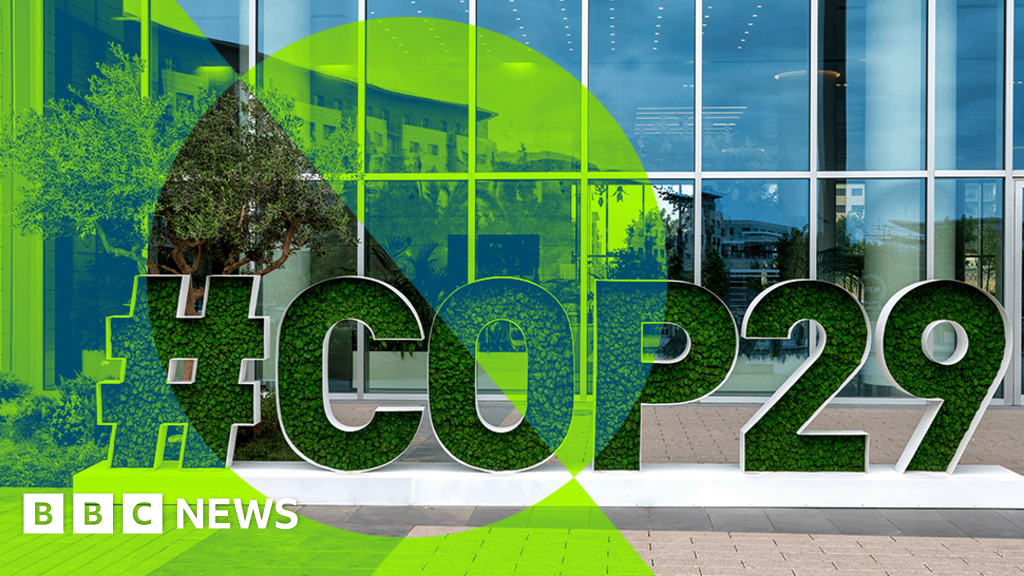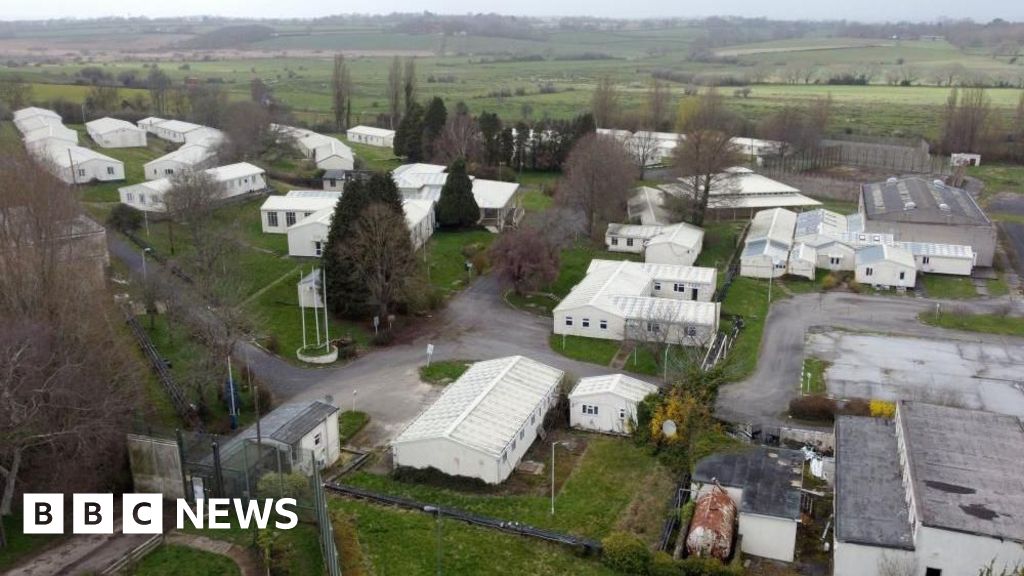ARTICLE AD BOX
By John Campbell & Jessica Parker
BBC News
Image source, Getty Images
Image caption,There have been warnings the full implementation of the NI protocol could lead to some medicines being withdrawn in NI
The EU is likely to begin the process of changing its laws to guarantee the supply of medicines from Britain to Northern Ireland before Christmas.
The NI Protocol means Northern Ireland is still covered by the EU's pharmaceutical regulations.
The industry has warned that will lead to major difficulties in importing medicines from GB if the protocol is ever fully implemented.
Negotiations on the issue are ongoing, but agreement has not yet been reached.
Their chief negotiators, Lord Frost and Maroš Šefčovič, are due to meet again later.
He said he would prefer to reach agreement, but added: "We are ready to move on our own if it's not possible at this stage to push on a joint approach."
Earlier this year the EU said it would change its laws to reduce the potential burden on the export of medicines from GB to Northern Ireland.
The BBC understands the European Commission is now likely to start the legislative process before Christmas, though no final decision has been made.
The protocol leaves Northern Ireland in the EU's single market for goods, a market which includes medicines.
Image source, PA Media
Image caption,Lord Frost (left) and Maroš Šefčovič (right) - pictured at a previous meeting - will speak again later
That means goods can flow freely between the Republic of Ireland and Northern Ireland, but goods arriving from the rest of the UK are subject to controls to ensure they comply with EU standards.
Northern Ireland gets most of its medicines from distributors and manufacturers in Great Britain but, due to a "grace period", controls have not yet been imposed on the movement of those products.
That grace period was due to expire in January, but the UK government has indefinitely extended it.
Some firms had notified Stormont's Department of Health that they intended to stop supplying some medicines to Northern Ireland at the end of the grace period.
That is because they would have had to comply with expensive new regulatory processes to put Great Britain-sourced products on the market in Northern Ireland.
By the end of August, the health department had been notified that 910 medicines were due to be withdrawn, with a further 2,400 at risk.
In October the EU published proposals to tackle the difficulties, which will include changing EU law.
As it currently stands the protocol would mean most products entering from Great Britain would have to undergo batch testing at laboratories in Northern Ireland, a new and significant expense.
The EU's new proposals acknowledge those requirements are too much of a burden and should be removed, subject to some conditions.
'Act of generosity'
Speaking on Friday, Fine Gael's Neale Richmond said he believed the EU was "up" for sorting the issue. but there would need to be some movement on the UK side as well.
"We would be expecting the British government to come some way to meet that act of generosity," he told BBC News NI's Good Morning Ulster.
"As Maroš Šefčovič has said when he met Northern Irish leaders quite some time ago he wants to ensure that there's nothing in the protocol or anything else that'll hinder the supply of medicines into Northern Ireland."

 2 years ago
47
2 years ago
47








 English (US)
English (US)